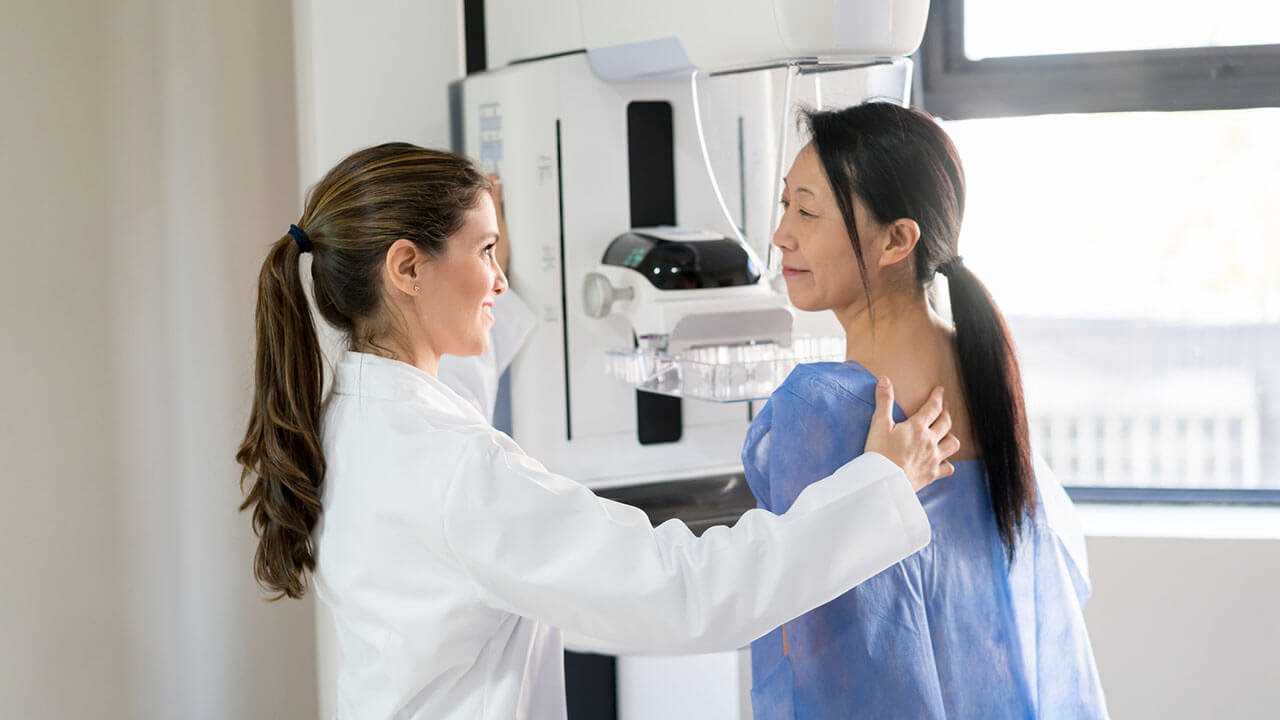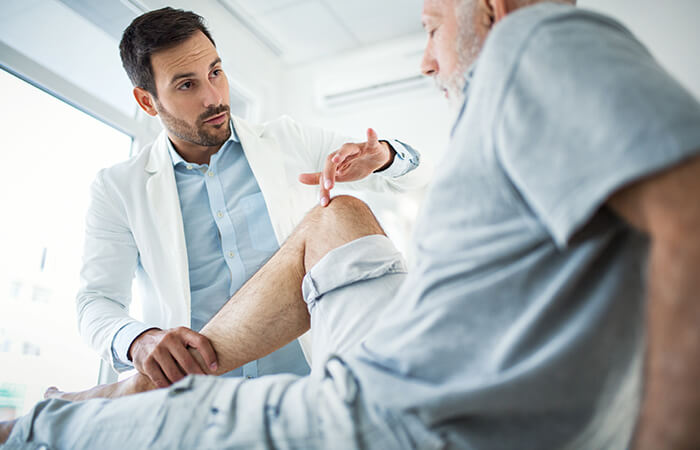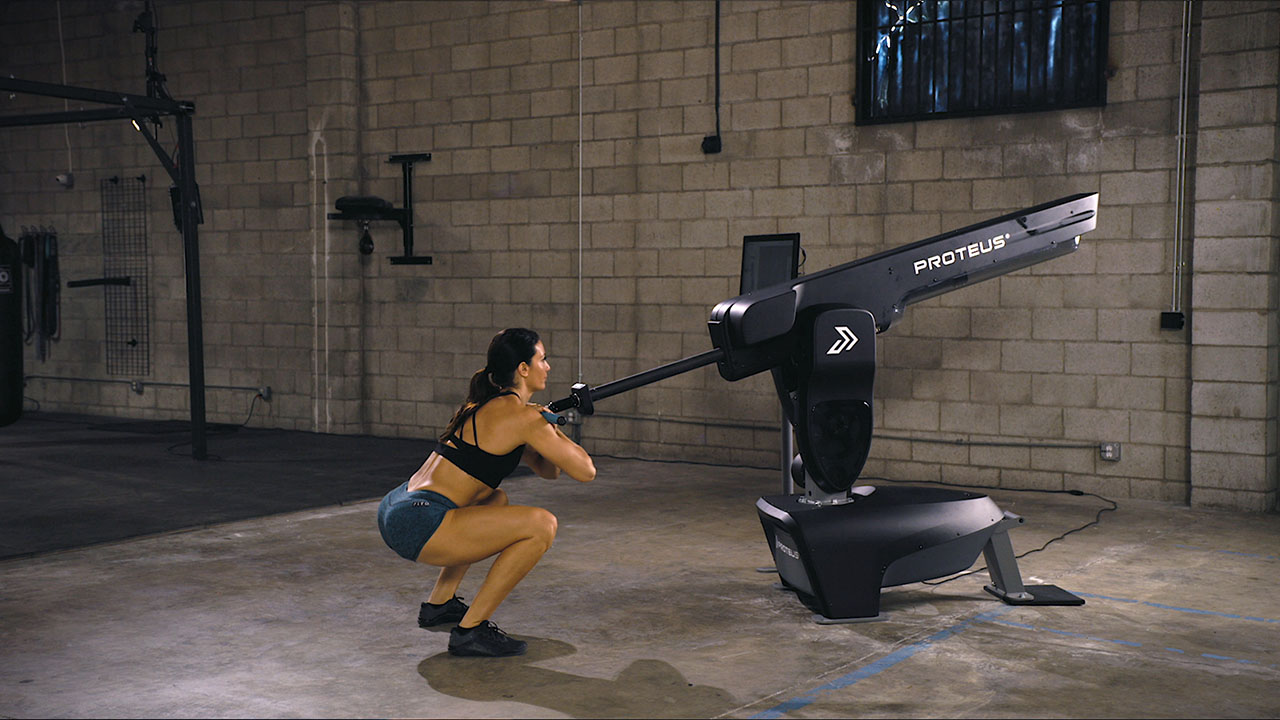Resources
-

I Found a Lump: Same or next day appointments for a breast lump
When a new lump is found, often our first thought is “could this be cancer?” So, what should you do? -

The health benefits of laughter
Your health is no laughing matter, so take some time to relax, smile and crack a joke. -

Breast cancer risk assessment and management
At Prevea, you can expect to receive a formal risk assessment based on the most up to date, validated breast cancer risk calculators. -

-

Are you living with a problem gambler?
Gambling is often identified as a hidden illness, since there are no physical signs of problems or addiction. -

Positive communication in the workplace
Learn some helpful tips for communicating effectively at work. -

Begin your day on a positive note
Sure, a strong cup of coffee may help, but here are a few ideas for how to start your day on the right foot. -

Quick relaxation activities
We're often up against busy schedules and it can be hard to find time to take a breath and relax. Here are a few quick ideas to try. -

ROSA Robot for anterior hip replacement surgery
We explain what makes the ROSA Hip robot unique, what to expect before your surgery, what will happen with the ROSA Hip robot during surgery and what to expect after your surgery. -

ROSA Robot for total knee replacement surgery
You’re unique, and so is your individual anatomy. That’s why we offer ROSA® Knee robotic technology. -

Factors that influence the chances of getting breast cancer
There are, surprisingly, many factors that can contribute to the cause of breast cancer in women and men. -

-

-

Tenex Health TX
When physical therapy, cortisone injections, medication and rest don’t provide relief, the TENEX HEALTH TX™ procedure might be the solution to your long-lasting tendon pain. -

Proteus® – measuring your body’s strength and power
Recovery after an injury can be a long process. To help you return to your best self, Prevea offers the Proteus® System, a patented technology for strength and power evaluation and rehabilitation.